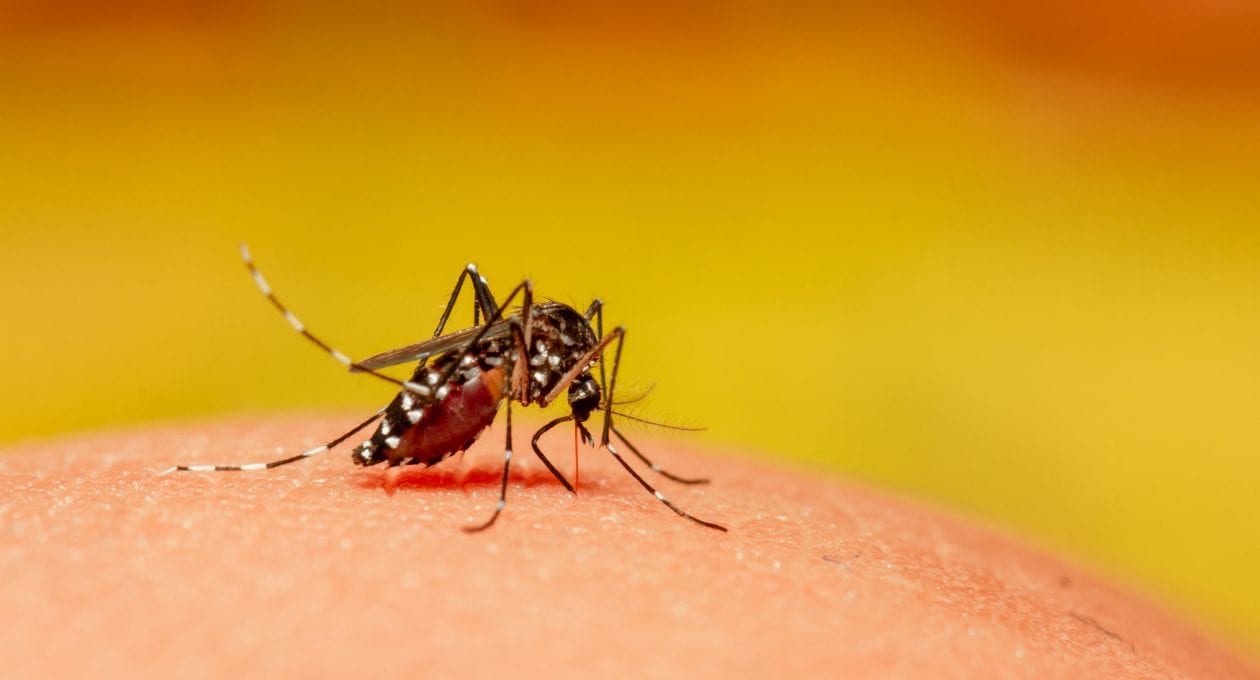Photo: AdobeStock, Evolva License
August 11, 2020 – Some people aren’t going outdoors as much as they have in past summers, but this means nothing to mosquitos, which will drift into your home and bite you the very second your skin makes contact with sunlight. So I very much welcome the news that the Environmental Protection Agency has approved a new natural insecticide that repels and — in high concentrations — kills mosquitos, ticks, bedbugs, and fleas.
The New York Times reports that the chemical nootkatone, approved by the EPA on Monday, is an oil that occurs naturally in grapefruits and cedar trees and is already used in perfume and food preparations. It’s nontoxic not only to humans but also to other mammals, birds, fish, and bees.
Of course nootkatone won’t just protect against the discomfort of pesky bites, but diseases that can be transmitted from mosquitos and ticks, like malaria and Lyme disease. The Times notes that in some tropical countries, malaria and yellow fever, both primarily spread by mosquitos, are still common and incredibly lethal. In a 2018 report, the CDC found that diseases caused by bites from mosquitos, ticks, and fleas have tripled in the United State over the past 15 years. And nootkatone may also repel lice, sand flies, midges, and other insects that can be vectors for disease.
If that weren’t good enough, this stuff smells good as hell. It’s even in Fresca! And Squirt! Ben Beard, deputy director of the division of vector-borne diseases at the CDC, told the Times that nootkatone (which, let’s be honest, sounds like a regenerative hair mask you buy on TV) has an appealing scent, much like the grapefruit from which it is often derived. It lasts longer than other natural repellents and just as long as synthetic ones. It can also reportedly kill insects that are resistant to common insecticides like DDT and pyrethroids. The CDC has been aware of its repellent properties for nearly 25 years, but its uses, both as an insecticide and a repellent, have not been registered by the EPA until now.
